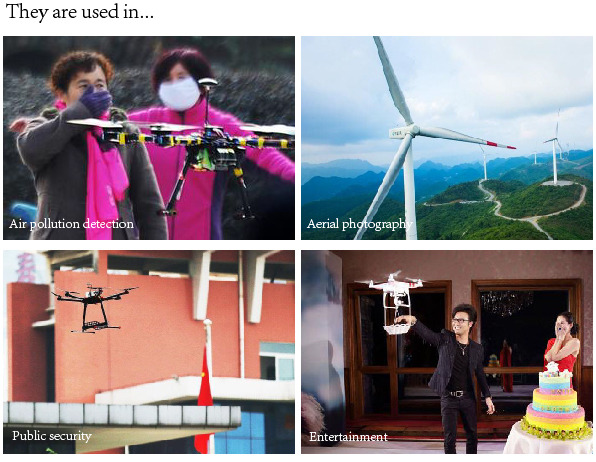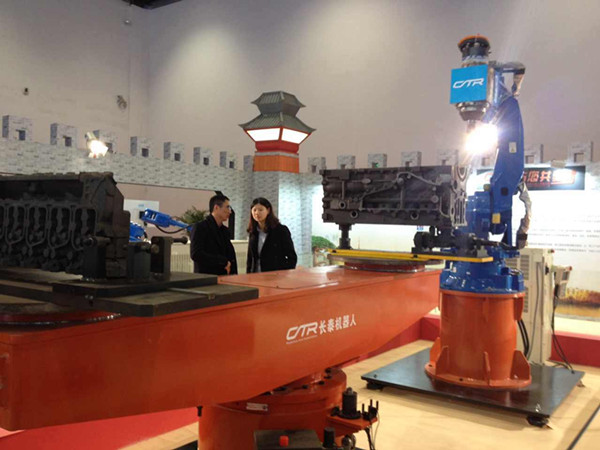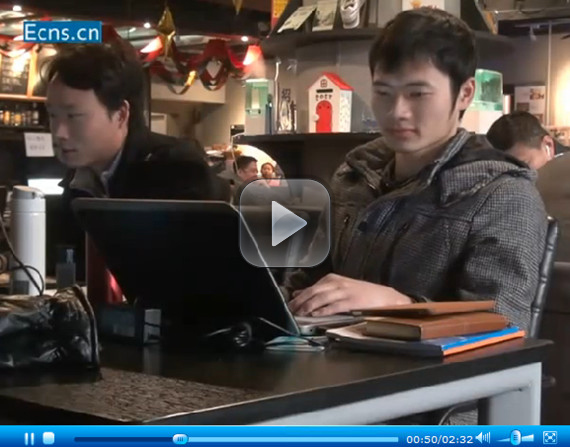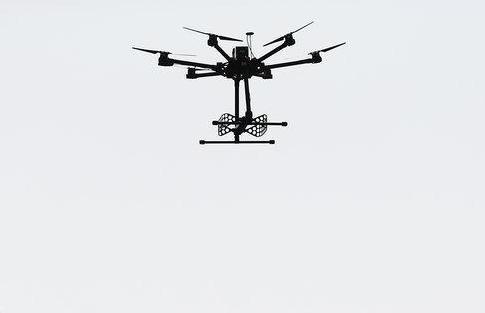Entrepreneurship and innovation
In China, mass entrepreneurship and innovation are becoming new growth engines, with continued top-down support and booming startups.
Beijing's Zhongguancun is an epitome of such a trend. Its InnoWay, stretching only 650 feet, has become home to a dozen incubators, nearly 400 startup companies and hundreds of entrepreneurs from all over the country seeking to turn their ideas into businesses.
Premier Li Keqiang has visited the street multiple times, sipping coffee at 3W Café for example, a gesture that reaffirms the government's support for entrepreneurship and innovation, including cutting red tape, and tax preferences, etc.
Innovation is considered the most important impetus for China's growth, according to the newly released 13th five-year plan, which maps out what the country would look like in 2020.
Here are a few highlights of innovations in 2015:
UAVs
China's commercial market for unmanned aerial vehicles (UAVs) took off in 2015, with Shenzhen based DJI Technology Co. taking the lead.

Service and manufacturing robots
China attaches great importance to the development of industrial robotics, which is listed as a high priority in the "Made in China 2025" plan. China accounted for about 56 percent of the total supply of industrial robots in 2014.
The market for China's service robots is expected to be worth at least 20 billion yuan ($3.1 billion) by 2017. A vacuuming robot was one of the top 10 online home appliances during the shopping carnival of November 11.
Chinese President Xi Jinping sent a letter of congratulations to the World Robot Conference 2015 in Beijing, saying that China is willing to promote robotics research and development along with other countries.

Shared economy
The best example of shared economy in China is ride-hailing services. Apps such as Didi Kuaidi is enjoying a large slice of the pie, while Uber is also marching into the mainland market at a fast pace.
Founded three years ago, Didi already has 250 million registered users and processed up to 10 million daily requests, which is about eight times the number of total requests currently being made in New York.
The San Francisco-based company, valued at over $62 billion, has been seeking new local investors for its business in China, so that it can be recognized as a local firm by industry regulators.























































